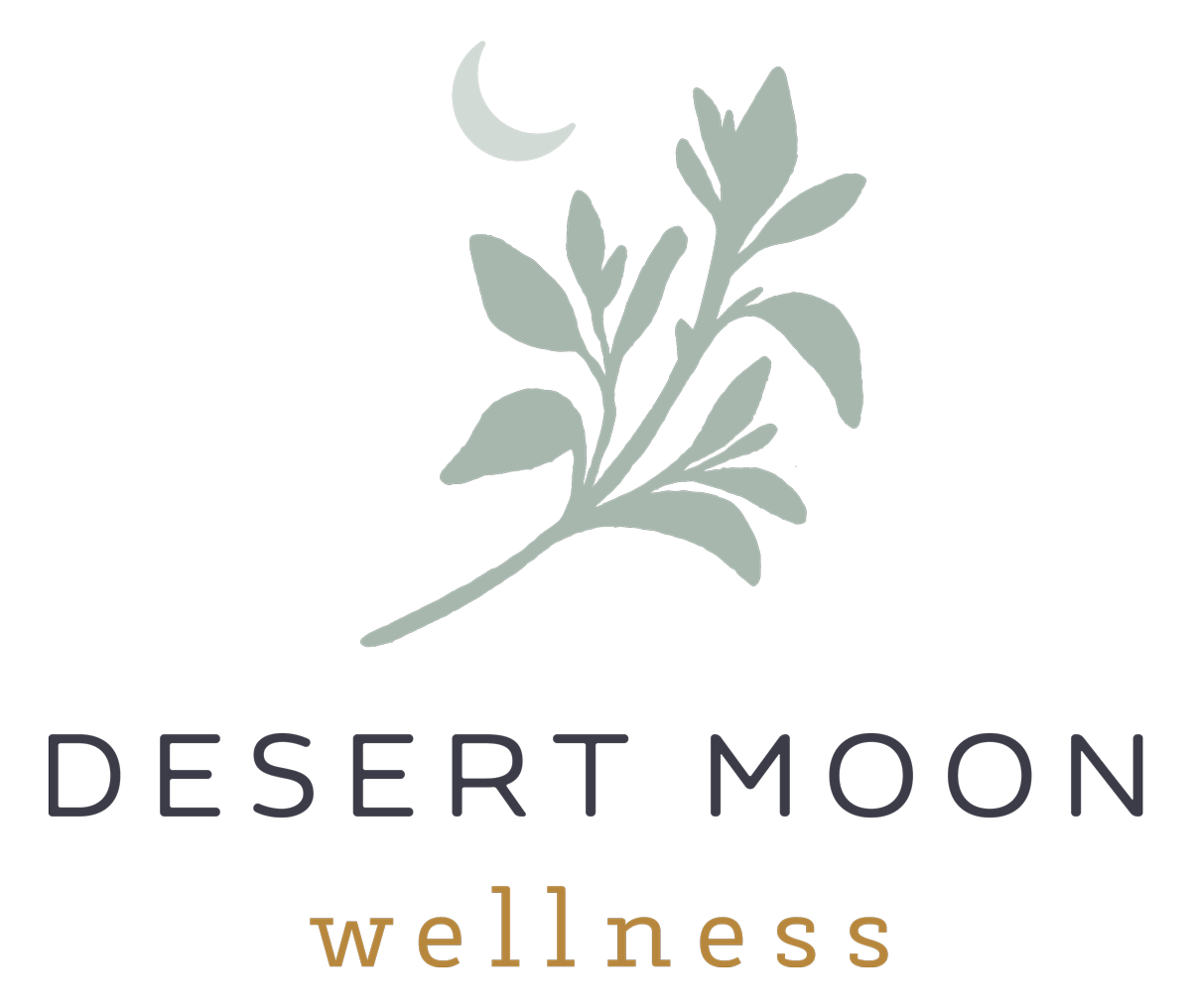How To Set Healthy Boundaries
Learning to set healthy boundaries is an art form, and one that is essential for everyone to learn how to embody.
Boundaries protect your time, energy, health, confidence, and your most important asset: YOU.
In fact, when you set. boundary with someone—anyone!—you give them a gift as well. It is an opportunity for them to grow. They need to learn how to hear and respect that “no” is a complete sentence. We all need to learn how to self soothe, tending to our own feelings and needs as they shift throughout the day.
Ideally you need your boundaries to be strong yet flexible—within a healthy range—allowing you to actually grow and still feel good.
⭣Check it out⭣
Porous Boundaries
Overshares
Afraid of rejection
Difficulty saying “no”
Over-involved with others and their problems
Depends on external validation
Accepts disrespect
Rigid Boundaries
Avoids intimacy
Unlikely to ask for help
Has few close friends
Protective of personal life
Can seem detached
Keeps others at a distance
Healthy Boundaries
Values personal opinion
Doesn’t compromise values for others
Shares personal information in a healthy way (not too much or too little)
Accepts “no” when others express limits with them
Understands personal desires and communicates them appropriately
But wait…there’s more!
Did you know there are actually 6 different types of boundaries (I share about these in detail in another post on the blog)? Yup! Let me break it down for you.
Physical: Awareness of what is appropriate and not appropriate with regards to personal space and physical touch in a variety of situations and relationships.
Intellectual: Respect for other’s ideas and thoughts.
Emotional: Healthy limitations on when to share personal information.
Sexual: Respect and understanding of desire and limitations between sexual partners.
Material: Setting limits on what of your material possessions you will share, and with whom.
Time: How someone uses their time.
Here’s what’s at risk if you don’t learn how to set healthy boundaries:
Resentment
Financial stress
Career dissatisfaction
Overwhelm
Exhaustion
Relationship issues
Health problems
Generally wasted time and energy
…not ideal, right…
“When we fail to set boundaries and hold people accountable, we feel used and mistreated.”
When you learn how to listen to yourself, you keep inspiration, motivation, and self trust flowing into your life because you honor your own feelings and needs.
The trick is that YOU have to be the one to hear yourself first. Here’s how to get started:
How to Set Healthy Boundaries
⭣Here are some pro tips for setting healthy limits for yourself⭣
Write it out. Start by getting crystal clear on what your core values are (i.e. health, exercise, solitude, creativity, spirituality, nature time, conscious spending, unplugging, etc.) because this is GOLD and will lead the way for you! There are even some great online resources for discovering what your core values are.
Share your goals and intentions with supportive friends and family. By communicating what you are attempting to prioritize in your life you give them a chance to support you instead of pressuring you to do things that feel misaligned.
Determine how you will say no by practicing a few different ways to hold that limit.
A few examples:
I am available ______, _______, or _______. Would any of those times work for you?
Thanks for thinking of me. That sounds fun (if it does) though I already have a commitment during that time.
I appreciate the thought and right now I’m not able to add that to my schedule. I will let you know if that changes.
Remember that YOU are in charge. You are not responsible for other people’s feelings. They are responsible for taking care of their own emotional needs and IT IS OKAY FOR SOMEONE TO FEEL DISAPPOINTED.
Cultivating healthy boundaries takes time, so be kind to yourself and celebrate all the little steps you take that help to pull yourself into alignment with the person you want to become.


